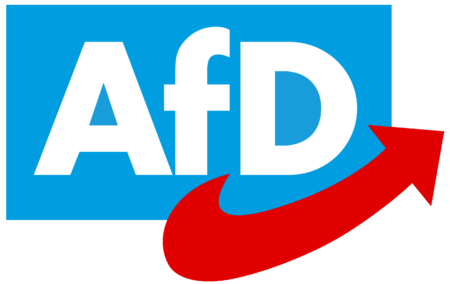The German establishment was shocked this week when the Free Democratic Party (FDP) secured the position of Minister President in Thuringia (the position is equivalent to a provincial premier in South Africa or a state governor in the United States) with support of Alternative for Germany (AfD), a far-right party.
In elections for the Thuringian state parliament in 2019 no party won an overall majority. The Left were the biggest single party winning 31% of the vote and 29 of the 90 seats. The AfD came second, with 23% of the vote and 22 seats. The Christian Democratic Union (CDU), Germany’s national governing party, won 21 seats, while the Social Democrats managed eight seats. The Greens and the FDP each won five seats.
With the support of the CDU and the AfD the FDP’s candidate, Thomas Kemmerich was elected as head of government in the state.
This has caused some consternation in Germany, as this was the first time that a German state leader was elected with the support of the AfD. Up until now German political parties have built a cordon sanitaire around the AfD, keeping it out of government and coalition agreements.
The chancellor of Germany, Angela Merkel, who recently visited South Africa, said the vote was a ‘bad day for democracy’.
The AfD was originally founded as a Euro-sceptic party but has increasingly been accused of being neo-fascist and xenophobic.
The situation in Thuringia is symptomatic of a loss of confidence in traditional centre-left and centre-right parties, not just in Germany, but also in Europe.
In addition, the Thuringian election result shows how important each vote can be. If the FDP had won only 74 fewer votes (it won 55 493) in last year’s state election, it would have missed the threshold of five percent to be elected to the state parliament.

